The "direct-to-consumer" revolution, aka DTC to insiders, is definitely not going away. In fact, it's a particularly stimulating playground for trend hunters. Evidence: I have sifted through more than 400 DTC sites, and I am back with a lot of insights. Shall I share them with you?
Better than DIY, FIY!
Boosted by several lockdowns, DIY (Do It Yourself) continues its inexorable rise. Brands are already riding the trend: content marketing strategies involve tutorials, articles and guides, and customized products are being successfully marketed, from creams or meals kits to knitting kit sweaters and so on. But here's the thing: even if the process is simplified, not everyone is necessarily good with their hands, and not everyone has the time. So DTC seeks to overcome the frustrations: they play the game of what I'll call FIY or "Finish-it-yourself." To preserve the satisfaction and pleasure of doing things for oneself, the brand limits the risks of failure. In short, DIY but with a safety net! Some examples?
A DIY enthusiast will go to a garden to pick their own flowers to make arrangements of their own. The French brand Bergamotte offers a FIY option: they select flowers that blend together and send them in bulk; the consumer only has to finish the bouquet in five minutes to awaken his florist's soul.
Lettuce Grow is a hydroponic brand that allows you to grow your salad at home with pre-germinated plants: child's play, even when you don't have a green thumb, and a real plus compared to the competition!
The organic brand Amara sells baby food specifically designed to be mixed with breast milk. The little FIY touch that makes all the difference?
Let's bet that this trend will increase — it could even penetrate other sectors such as fashion, with a small detail imagined by a brand to perfect and personalize an outfit, supporting customers in the creation to fulfil themselves: what an asset!
2021 Fashion: from Cozywear to Mentalwear?
And since we're talking about fashion, it turns out that the pandemic has accelerated the phenomenon of loungewear and cozy fashion. No wonder: between repeated lockdowns and telecommuting, we are all looking for large cocoon outfits to liberate our bodies, fluid, soft, easy to wear, easy to clean ... comforting. From Streetwear to Cozywear, there is only one more step that logically leads us to Mentalwear: we now display our mental health state through mottos written on our t-shirts, sweaters, jogging suits and other ultra-comfortable clothes. No more taboos or stigmas, a liberation of speech, of dialogue.
Madhappy is determined to be optimistic ... and has been seed funded by LVMH. Heartknoxx and Own Your Stigma are also at the forefront of this growing trend. The big names in the fashion industry are taking the subject to heart. Fashion guru Kenneth Cole launched the "Coalition for Mental Health" this summer, which brings together advocacy groups, celebrities and business leaders. Main objectives: to no longer stigmatize people with mental disorders; to enable them to access the services they need.
These initiatives will not be limited to the fashion industry. Psychological brands will increase, as will "feel good" content marketing strategies ... as will media outlets that write more mental, wellness or simply optimistic columns. The next star influencers of social media? For sure, psychologists, psychiatrists and other therapists.
From Superfoods to Adaptofoods!
If I say "goji berries"? Chia seeds, flax seeds? Acai, spirulina...? You would answer me, “superfoods,” naturally! This term has been gaining popularity in the media since 2017 to refer to foods that promote physical or emotional health and reduce the risk of disease. Indeed, these "superfoods" often have unusually high dosages of antioxidants, vitamins or other nutrients. But there is another trend: the rise of adaptogens. Appearing in the 1950s thanks to the work of Russian researcher and pharmacologist Nicolai Lazarev, the concept is not new in itself. Rhodiola, ginseng, macao, cordyceps, ashwagandha ... Lazarev found that certain plants growing in hostile environments (high altitude, cold, ...) increase the body's natural ability to react to and resist stressful situations. And this is intriguing: the query "Adaptogens" was typed into Google 74K times worldwide in october 2020 vs. 49.5K a year before.
The demand is there. More and more, these adaptogens are infiltrating our plates, and, more precisely, our mugs, to enchant our taste buds and boost our bodies. The Four Sigmatic brand is a big hit with adaptogen-based coffee and chocolate drinks. Other brands are also positioned in this niche, such as Mushroom Cups, MUD\WTR, or Beams Coffee, which is developing mushroom-infused capsules compatible with Nespresso machines. Other segments are undergoing a similar transformation, such as the cereal market: Offlimits (go visit the site, it's worth the trip) makes cereals for adults made with chocolate, coffee and ashwagandha.
As for CBD, although it is not strictly speaking an adaptogen, it is nevertheless attractive to DTC brands — in addition to the classic format to be distilled under the tongue, CBD is becoming a health boost. CBD-based chewing gums such as Chew Pin, CBD-based sparkling waters such as Cann, CBD-based cooking oils such as Herb Olive ... consumers are getting excited.
Guiding life's turning points
While most DTC brands are known for positioning themselves in specific niches and developing unique businesses, it would seem that the trend continues to gain ground by adapting to very particular "life moments" to help with them. A few examples?
Launched in August 2020, State of Menopause offers skin care products specifically adapted to the symptoms of perimenopausal and menopausal women. Other brands have sniffed out this promising market, Kindra specializes in estrogen-free supplements to help women through perimenopause and menopause. Tabu has just released the first sexual well-being kit designed for menopause.
The phenomenon is far from being restricted only to menopause. Launched in early 2020, Momful manufactures nutritional supplements designed specifically for the needs of a breastfeeding mother. Frida offers Frida Mom, a range of products for postpartum recovery in the fourth trimester. One more for the road? Mamma Matters, an Austrian brand launched in April 2020, offers essential daily products, including personal hygiene products, for women who are starting a new life — that of a mother.
So? Are you ready for specific products for pre-teens? How about products to overcome midlife crisis and other complex life transitions? To be continued ...
Sustainable brands that set the example
DTC brands claim to be more sustainable, green and responsible. It is engraved in their DNA. But it is interesting to observe the multitude of approaches and solutions invented to fulfil this sustainable vision.
Mahabis recycles its used slippers by offering a 15 per cent discount on the purchase of a new pair. Eliou is one of the first American brands to work with RePack, a Finnish reusable packaging company. The company is replacing standard cardboard boxes and plastic bubble wrap with models made from strong woven polypropylene, also used to make Ikea's reusable shopping bags. The goal of the manoeuvre is to reduce carbon footprint.
Other brands favour more sustainable alternatives: Batoko and its swimsuits made from recycled plastic bottles, and Allbirds, a New Zealand shoe brand whose future innovative clothing line will be made partly from recycled crab shells! And there are many brands of toilet paper made from recycled bamboo, Plant Paper, Mima, N°2, Reel, Who Gives a Crap ...
Package Free offers "zero plastic" everyday products, "zero waste" kits. Cadence is the first magnetic & refillable container made from recycled ocean bound plastic.
Pela Case's cell phone covers are compostable, Planera's biodegradable sanitary pads can be easily flushed in the toilet.
This list is far from exhaustive, there is so much more to be said. If you want to dig deeper into the subject, don't hesitate to contact me, and know that I plan to publish a second part on the lessons to be learned from DTC marketing strategies next weekend. New uses, strong or emerging trends — certainly, it is an inexhaustible source of inspiration.
Until then, stay curious!
Marie
💎 Snippets & other curiosities
💎 12 career lessons by Rishad Tobaccowala - Read here.
🌟 Food for thought and paths for the action - View here.
👀 “Does anybody else…” - A Subreddit I came across thanks to the Random Internet group on WhatsApp. Check it out here.
🌟 🌟 Very interesting user research report on Personal Knowledge Management. Read here

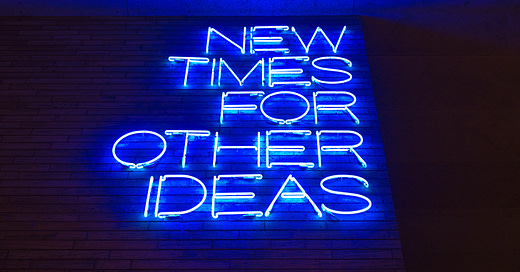



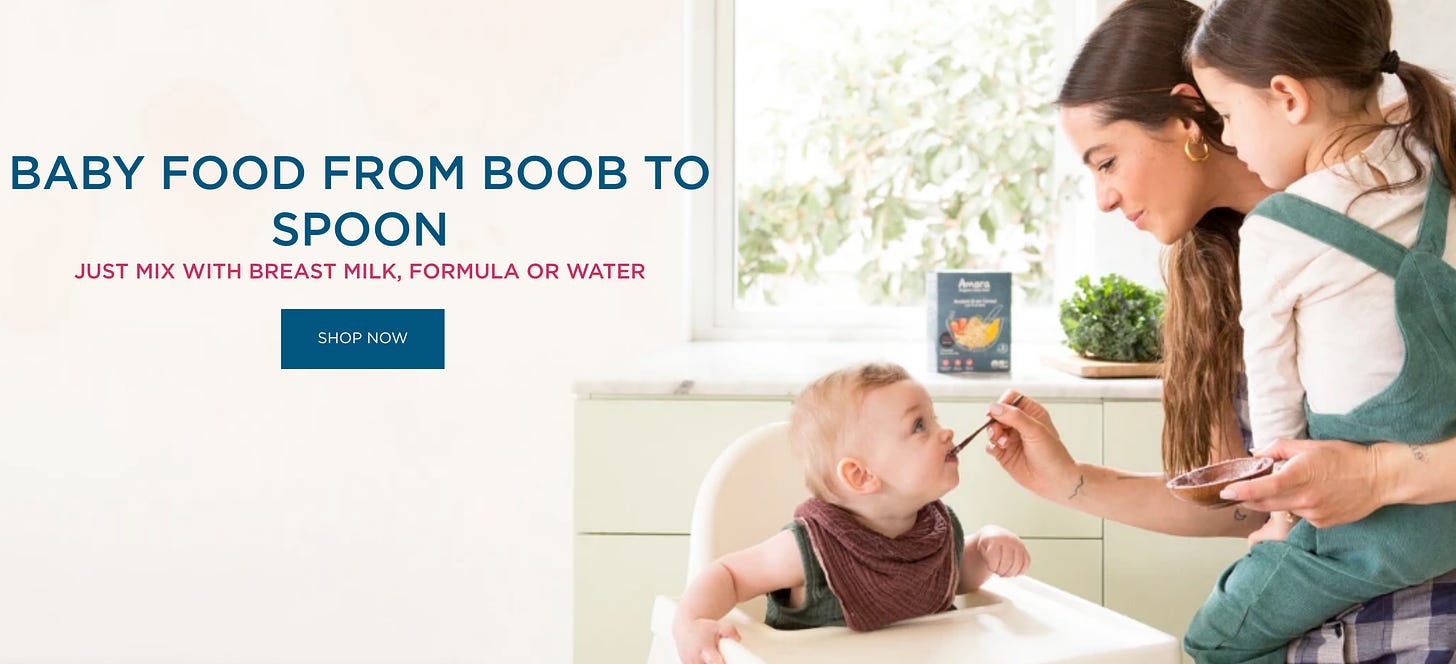
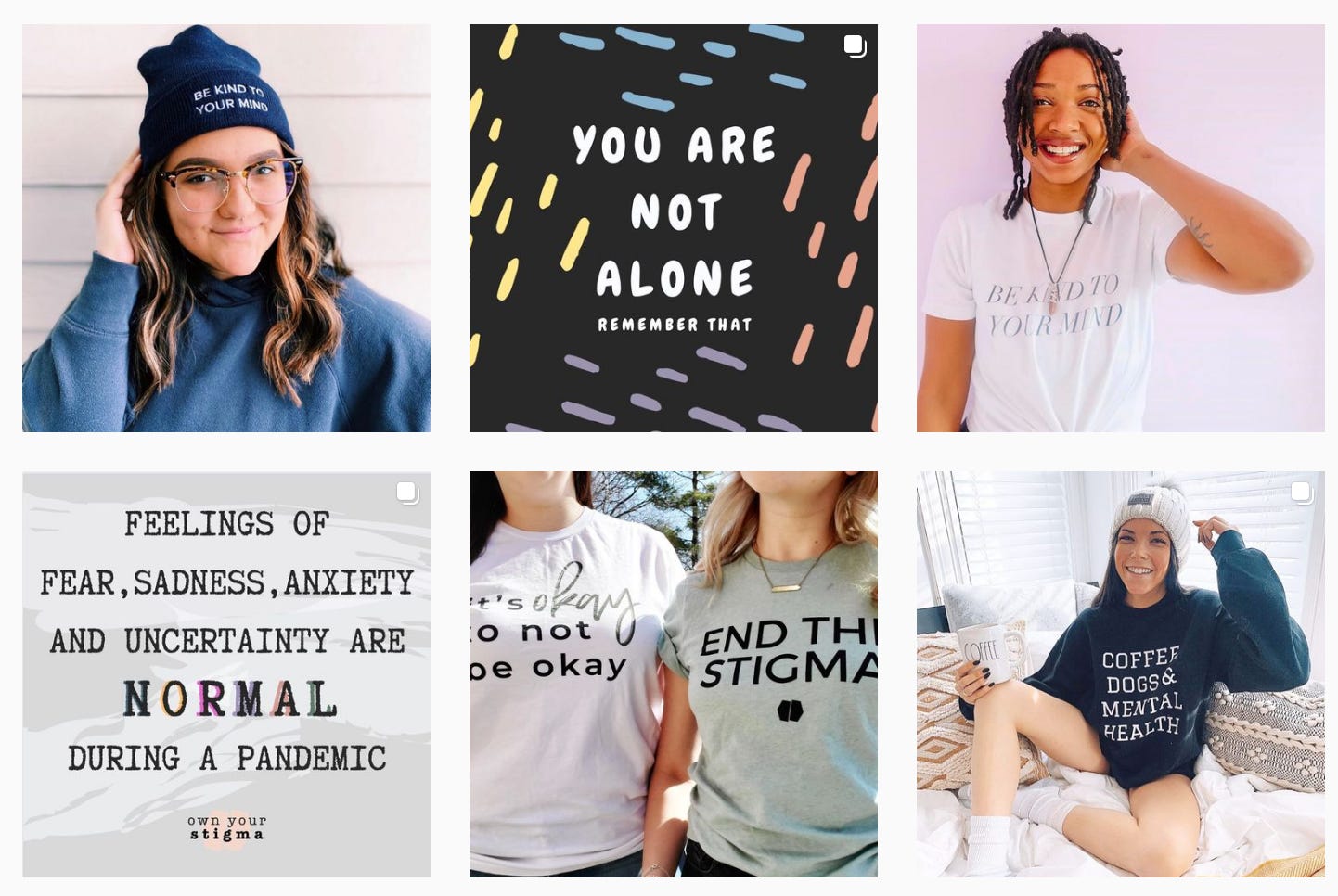
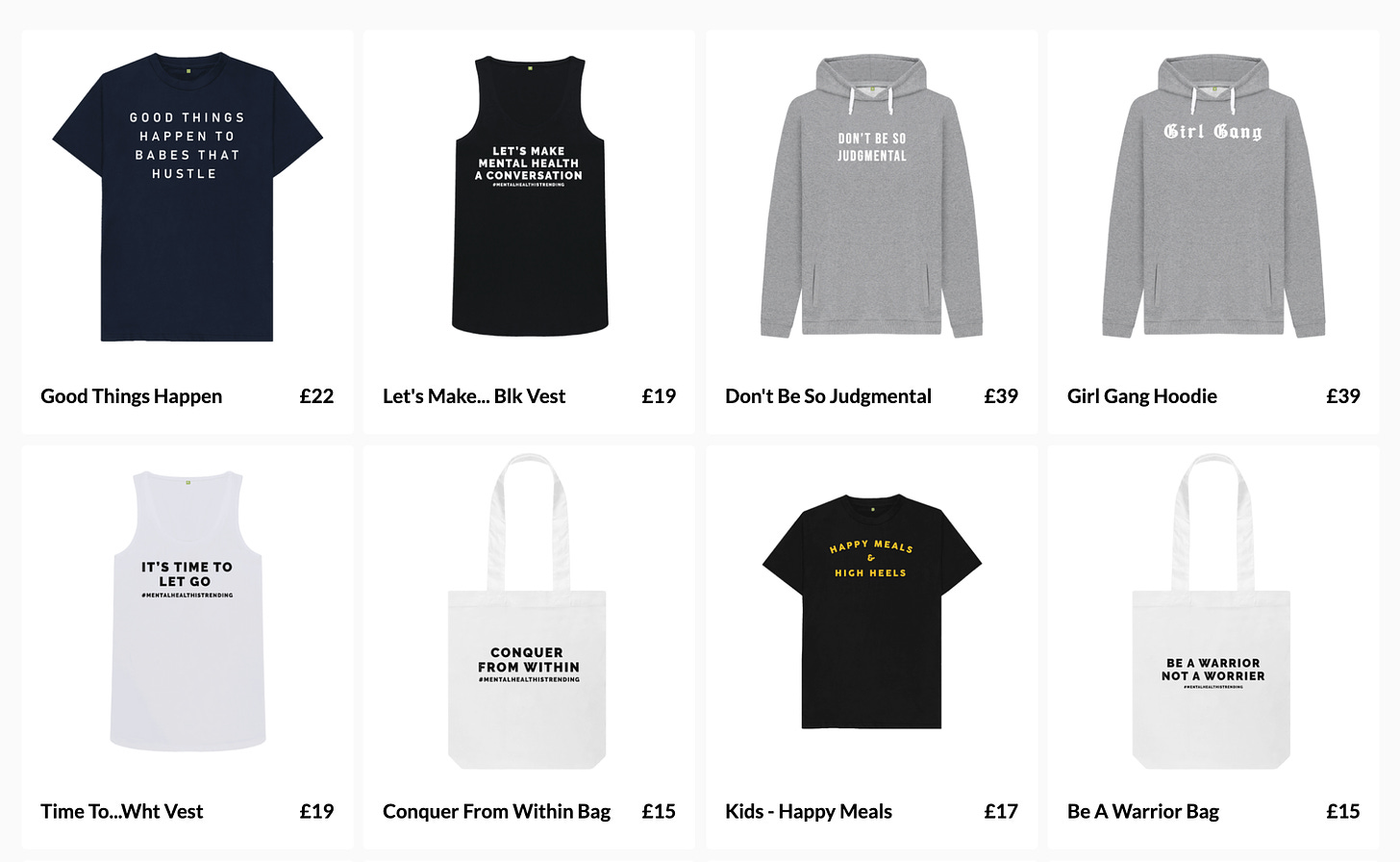
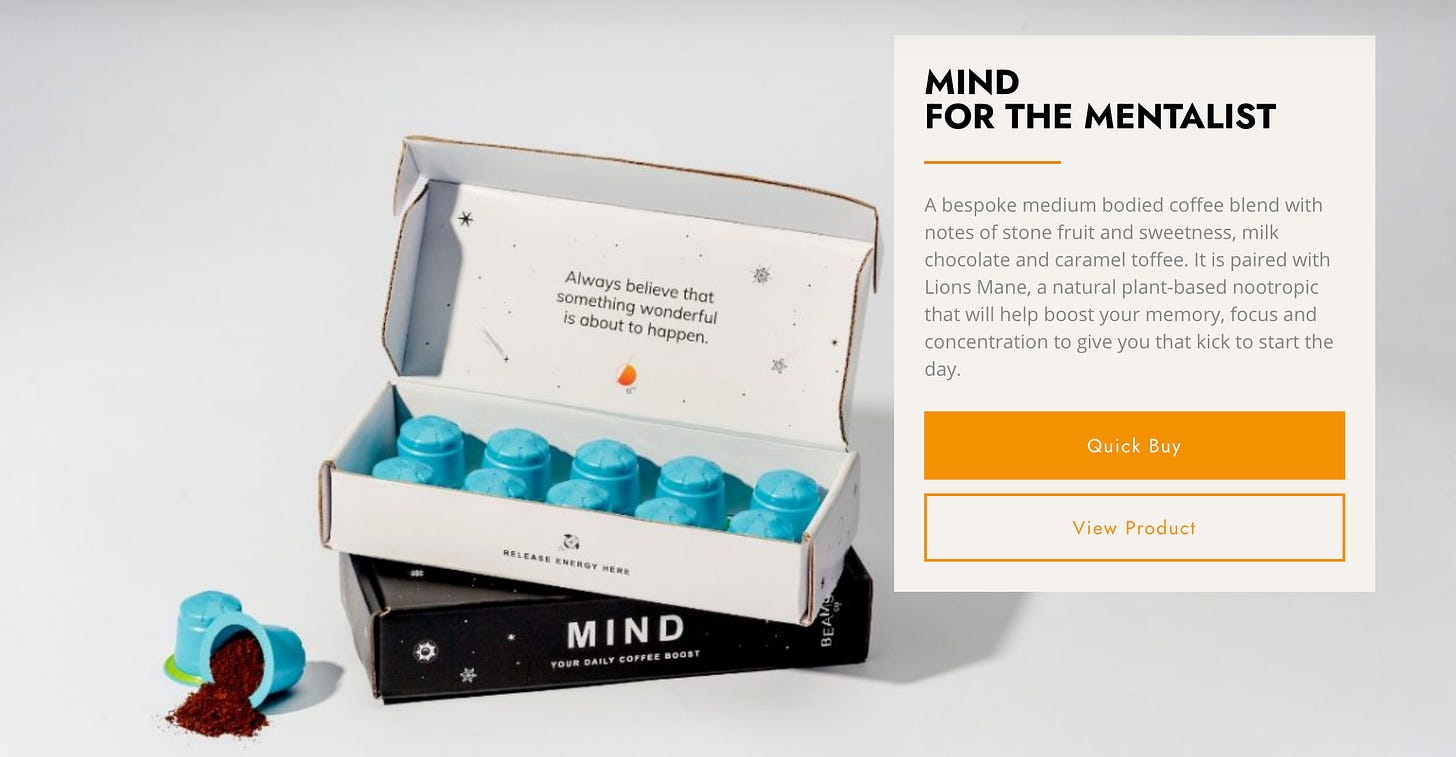
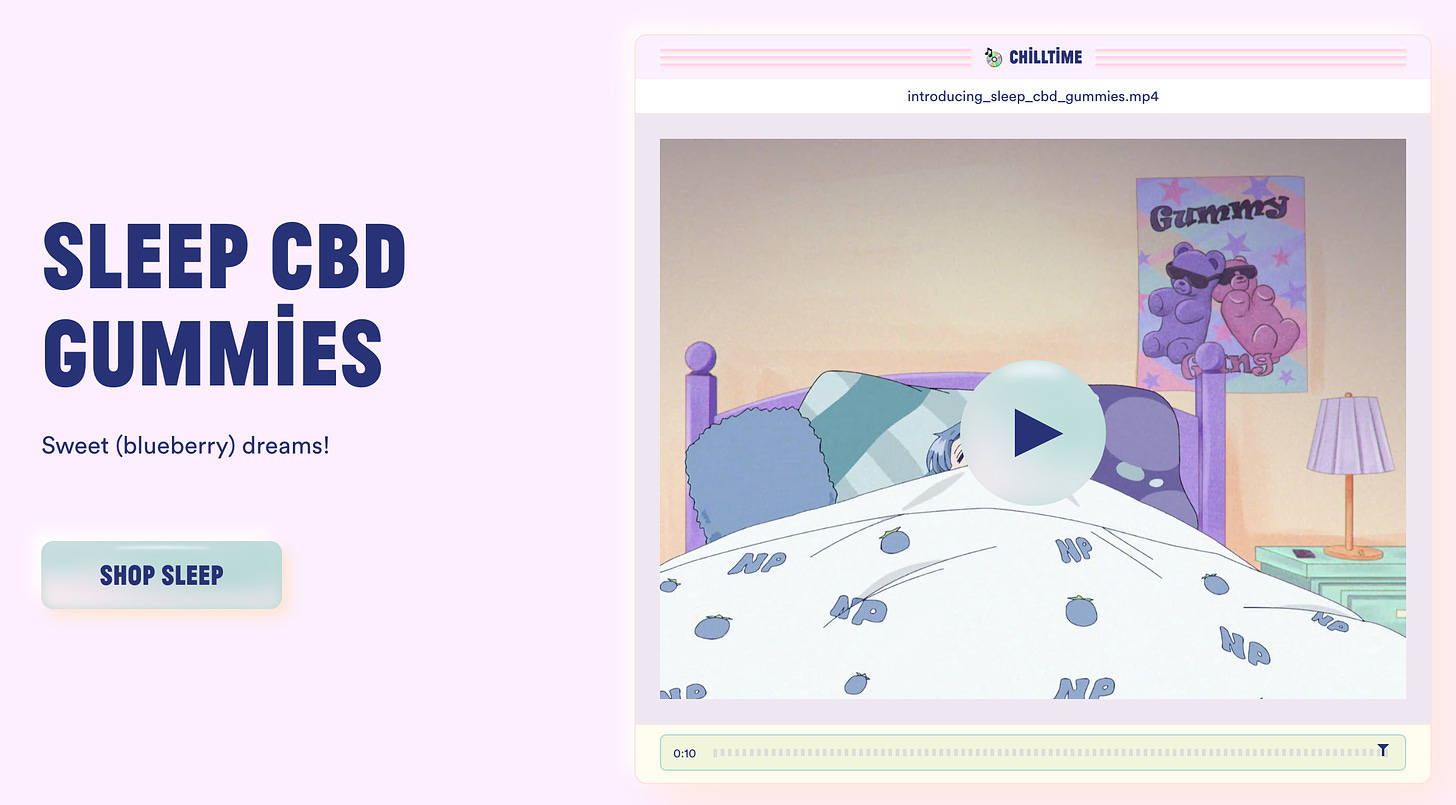
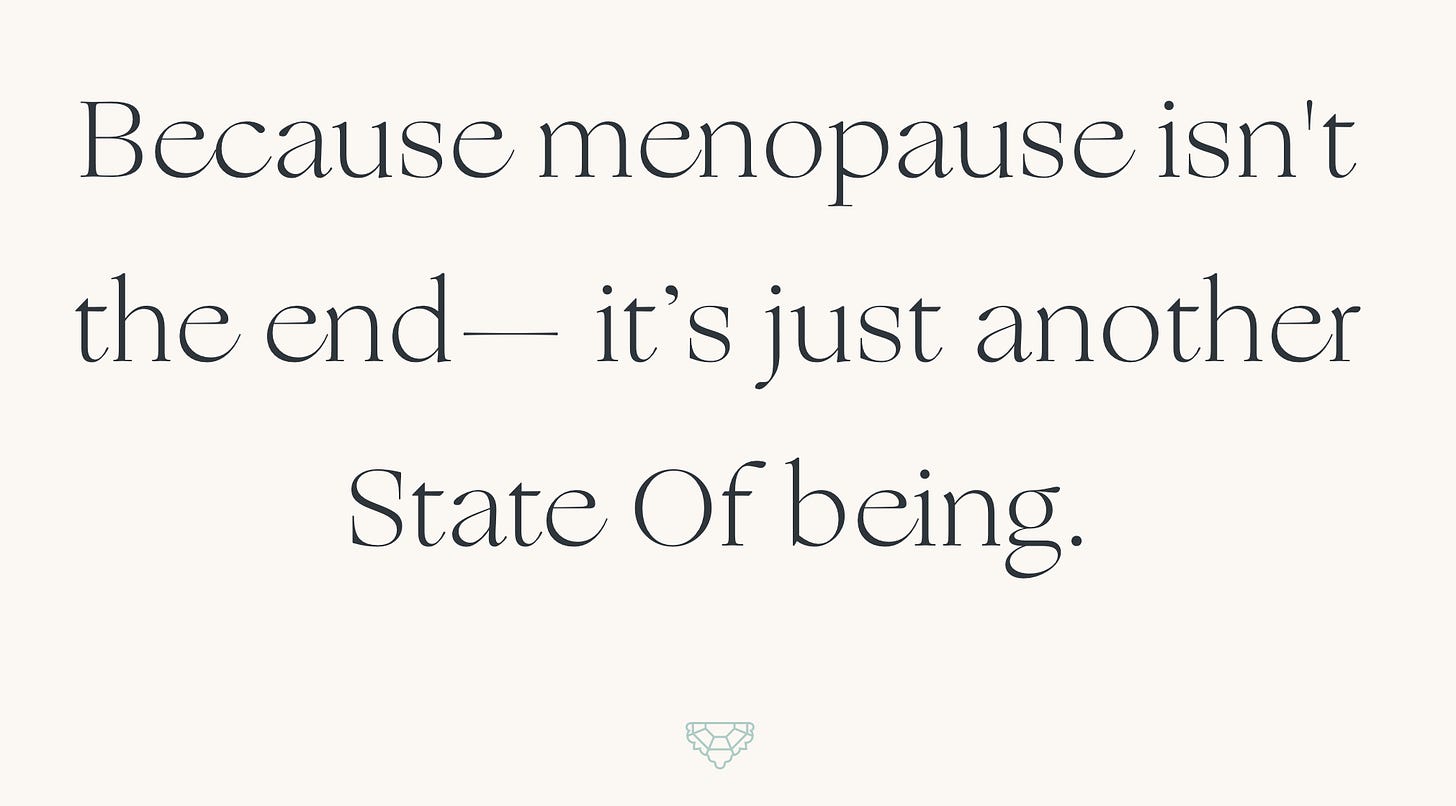
I really like the FIY > DIY concept. Reduce risk of user frustration while also creating a sense of ownership/pride upon completion.